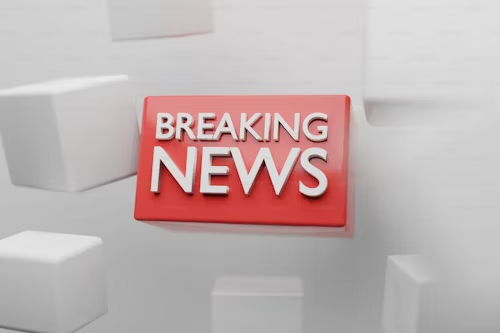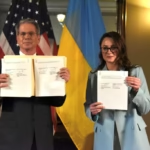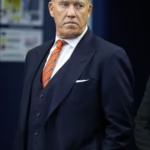The search for the next Pope is underway, and with it, the Catholic world is paying close attention to the cardinals who are seen as possible candidates for the papacy. The Vatican is preparing for a conclave that will select a successor to Pope Francis, who, as the first pontiff from Latin America, made significant strides in modernizing the Catholic Church. With no clear frontrunners for the papacy yet, a few cardinals have emerged as possible candidates, each bringing unique backgrounds and experiences to the table.
As the Catholic Church looks ahead to the future, it is important to consider the qualities that the next pope should possess. The next pope will face enormous challenges, including addressing the sexual abuse scandals that have rocked the Church, navigating the growing influence of conservative factions within the Church, and managing the delicate balance between tradition and reform. As the Church’s spiritual leader, the pope will be responsible for guiding not only the millions of Catholics around the world but also setting the direction for the Church’s future.
One of the most likely candidates for the papacy is Cardinal Pietro Parolin, who has served as the Vatican’s Secretary of State under Pope Francis. Parolin, an experienced diplomat, has played a key role in the Vatican’s relationship with other countries and has worked on some of the Church’s most challenging issues, including the Holy See’s dealings with China. As the Vatican’s chief diplomat, Parolin has demonstrated his ability to navigate complex geopolitical situations and build relationships with other nations. Though he is not as charismatic as Pope Francis, Parolin’s steady hand and diplomatic experience make him a strong candidate for the papacy.
Another prominent candidate is Cardinal Luis Antonio Tagle, who has been a leading figure in the Vatican’s missionary efforts. Tagle, the Archbishop of Manila, is seen as a dynamic leader with a deep commitment to social justice and the welfare of the poor. He has also been a vocal advocate for the Church’s role in addressing the challenges of global migration. Tagle’s pastoral experience and his ability to communicate effectively with people from all walks of life make him a strong contender for the papacy.
Cardinal Fridolin Ambongo Besungu, Archbishop of Kinshasa in the Democratic Republic of Congo, is another possible candidate who brings a different perspective to the table. Ambongo is one of the leading voices of the African Church and has been outspoken on issues of social justice and the rights of the poor. He has also been an advocate for interfaith dialogue and religious tolerance in a region that has experienced significant religious conflict. Ambongo’s leadership in the African Church and his commitment to social justice make him a potential candidate to lead the global Catholic community.
Cardinal Matteo Zuppi, the Archbishop of Bologna, is another figure who has garnered attention in recent months. Zuppi, who is known for his work with the Sant’Egidio Community, is a proponent of interfaith dialogue and has been involved in several peace negotiations, including efforts to end the conflict in Mozambique. His experience as a mediator and his focus on the Church’s role in fostering peace make him an appealing candidate for the papacy. Zuppi’s progressive stance on social issues, including his support for LGBTQ+ outreach, has also made him a polarizing figure within the Church.
Finally, Cardinal Péter Erdő of Hungary has long been seen as a leading conservative voice within the Church. Erdő, who has served as Archbishop of Esztergom-Budapest, is known for his strong positions on issues such as abortion, same-sex marriage, and the role of women in the Church. He has also been a vocal advocate for traditional family structures and has played a prominent role in organizing the Church’s teachings on the family. Though his conservative views may make him less popular among progressives, Erdő’s strong theological background and his leadership in the European Church make him a strong contender for the papacy.
As the Church continues to evolve and face new challenges, the question of who will succeed Pope Francis remains a subject of intense speculation. While there are no official candidates for the papacy yet, these cardinals represent the diverse range of views and experiences that will shape the future of the Catholic Church. Whether the next pope will embrace Pope Francis’ reformist agenda or return to more traditional practices remains to be seen, but one thing is certain: the next leader of the Catholic Church will have a profound impact on the Church’s future and its role in the world.
In the coming weeks, as the cardinals prepare to meet in the Sistine Chapel to select a new pope, the world will be watching closely. The next pope will inherit a Church at a crossroads, facing difficult challenges but also opportunities for growth and renewal. The selection of the next pope will not only shape the future of the Catholic Church but also have a significant impact on global politics, religion, and society. As the cardinals deliberate, the fate of the Catholic Church and its millions of followers will hang in the balance.


